Windows, as we see it, is based on hundreds if not thousands of smaller subprocesses that keep running in the background and the operating system functioning properly. However, these background processes often run into errors that can derail the entire operating system.
In this article, we’re talking about MoNotificationUx.exe, what it is, what it does and whether or not it’s safe to have on your PC.
Also read: Is Bloom.exe a virus? How to remove it?
MoNotificationUx.exe explained
MoNotificationsUx.exe is a Microsoft subprocess that’s responsibe for alerting the user for any updats that might be pending or available for downloading or installation. It’s a verified Microsoft process and is not a virus.
The process is located in the following directory
C:\WlNDOWS\system32\MoNotificationUx.exe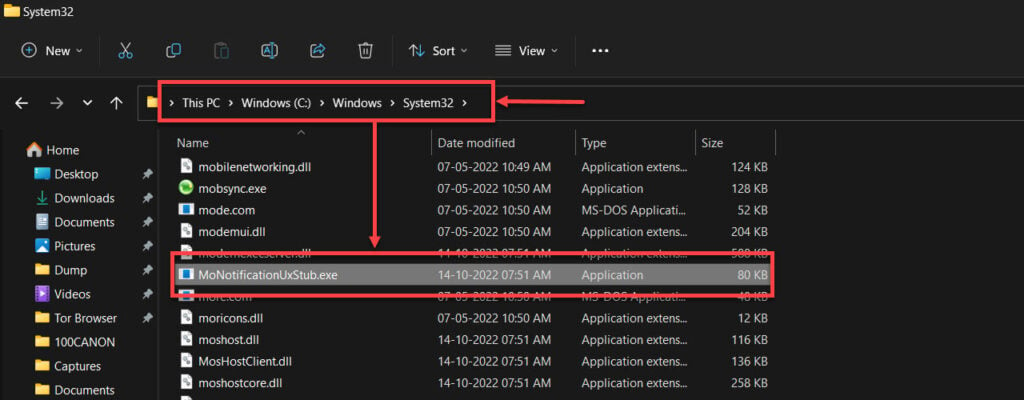
It’s a core WIndows component as is required for the smooth functioning of the OS. Stopping or removing the process from Windows can make your PC unstable and leave you at risk as Windows won’t be able to notify you of any incoming or pending updates.
Is it safe?
Malware authors often name their malware or viruses after legitimate Windows processes to avoid detection. However, in this case the process is made by Microsoft and is completely safe to run. In fact, the process is crucial to the proper functioning of Windows as stopping or deleting it can lead to the OS being unstable or not being able to notify you of any updates you need to install.
Fixing issues with MoNotificationUx.exe
As mentioned before, the process doesn’t really require a lot of system resources to function. So if it’s hogging your CPU or memory, chances are something is wrong with your PC.
Here are five fixes you can try to solve the problem.
Restart your PC
Restarting your PC is by far one of the most simple and effective solutions to just about any problem you run into while using Windows. Graphics issues, network problems, update glitches, rebooting has got you covered.
It’s also not a bad idea to check your internet connection real quick. At times a dead or inactive internet connection can be the root cause of a lot of problems.
Update your PC
Another thing you should do is update your PC. Updating your PC will, in most cases, update any subprocesses or drivers and fix any issues.
Check out this detailed guide to know how to update your PC here
Run an antivirus scan
Usually, running an antivirus scan will remove most if not all malware on your PC. Here’s how you can run a full scan on your PC using Windows Security.
Step 1: Press the Windows key and search for Windows Security. Click the corresponding search result.
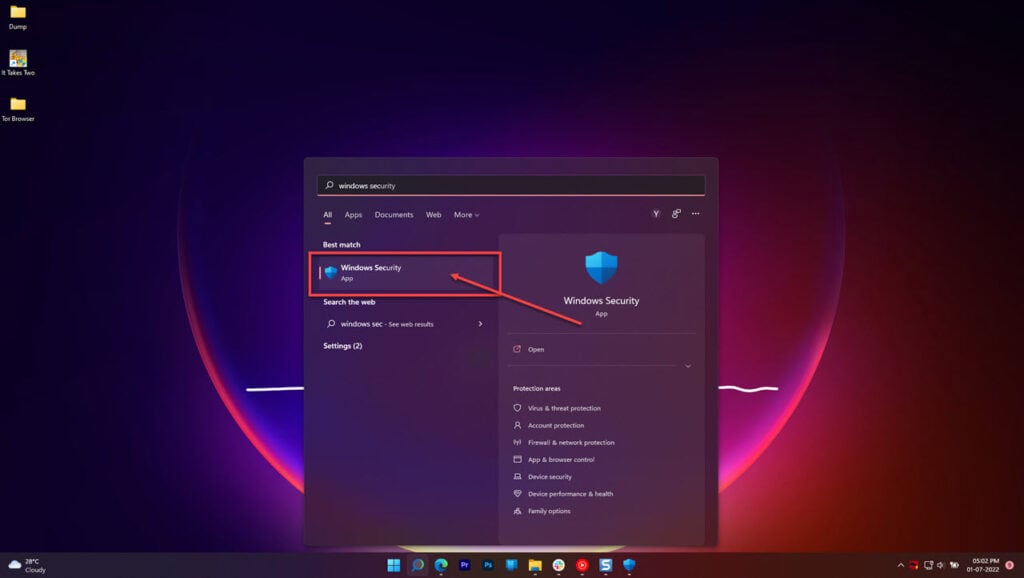
Step 2: Click Virus & threat protection.
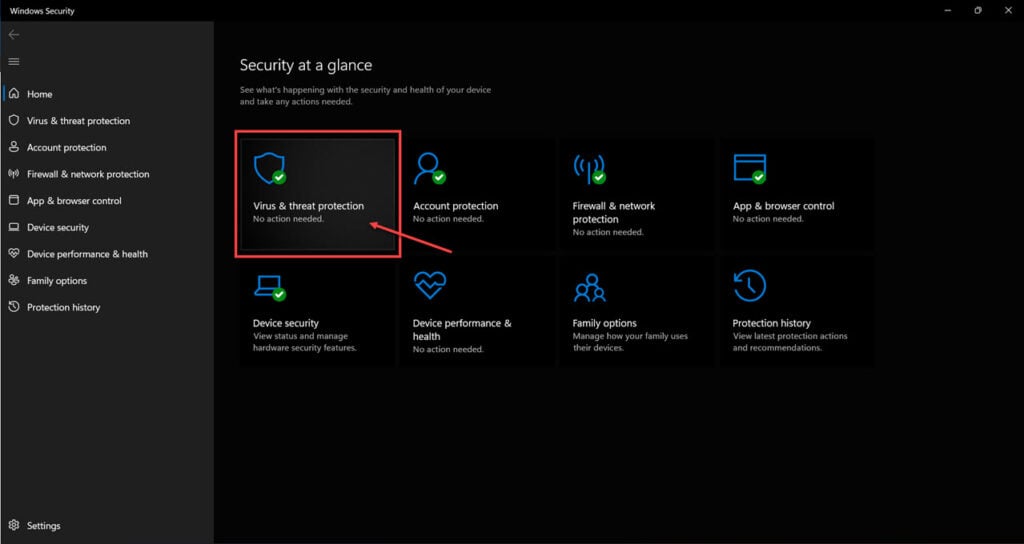
Step 3: Click Scan options.
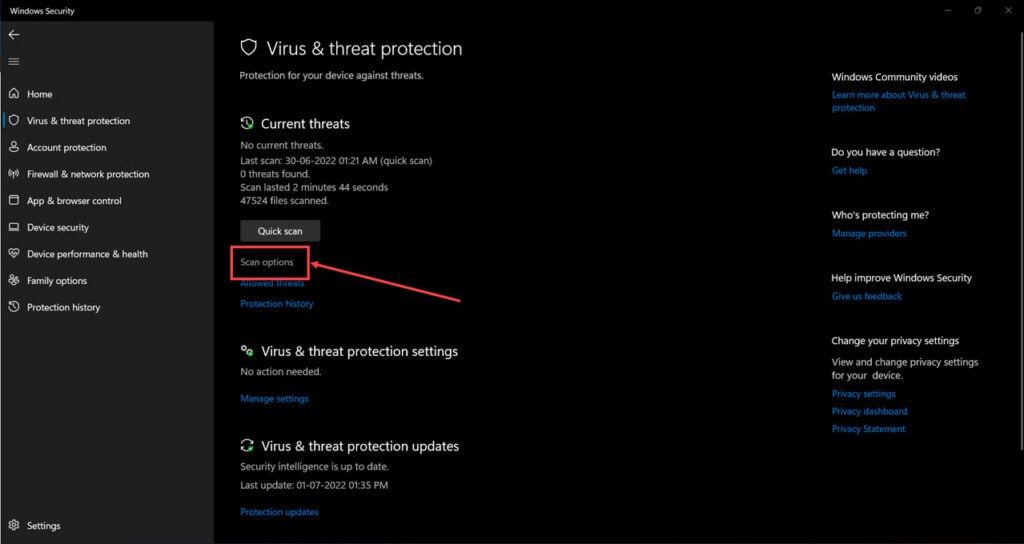
Step 4: Select Full scan and click Scan now to start scanning your PC for malware.
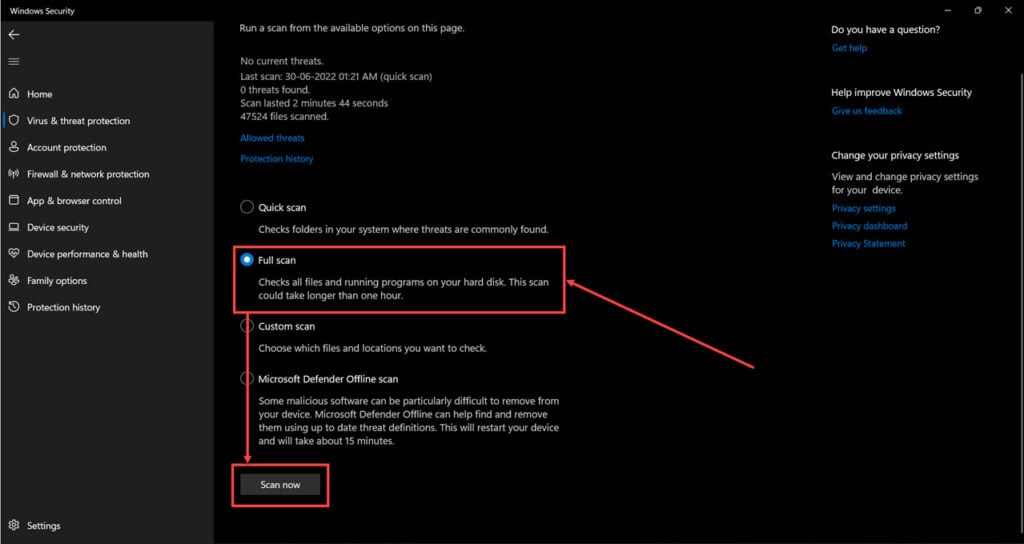
Alternatively, you can also use a third-party antivirus or antimalware like Malwarebytes to scan your PC and remove any suspicious software.
Run an SFC Scan
Corrupt files are the number one reason your PC might behave weirdly. Here’s how you can get rid of them and potentially resolve your issue.
Step 1: Press Windows Key + S to bring up the Cortana/Search box and search for Powershell. Open Windows Powershell from the search results.
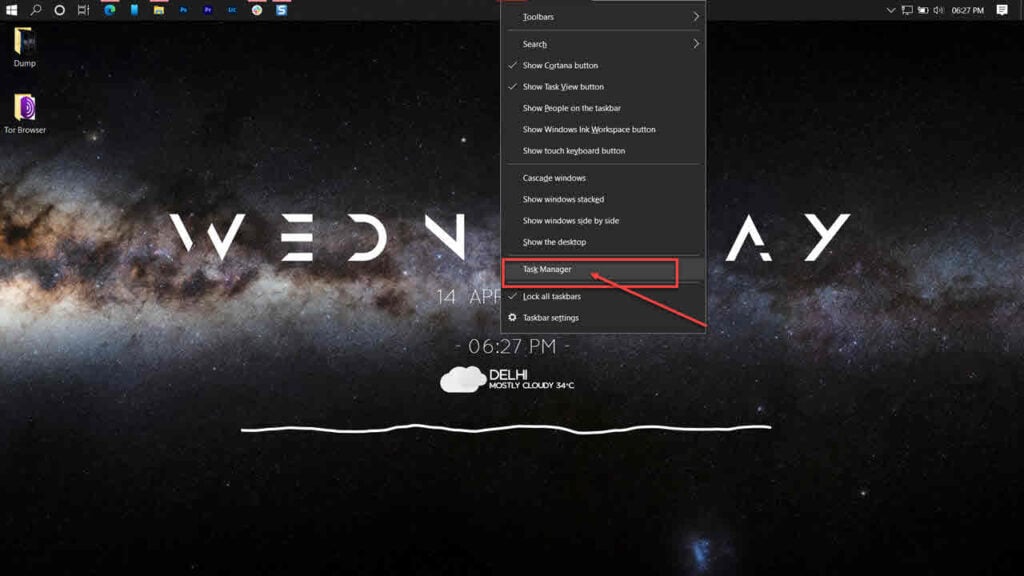
Step 2: Type sfc /scannow to scan your system for issues.
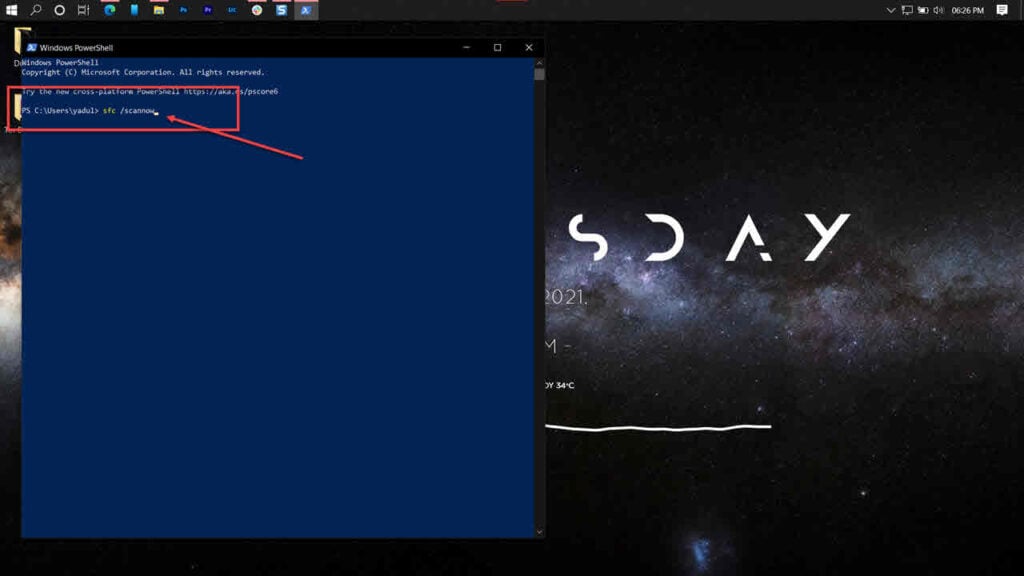
Step 3: If the SFC scan finds any problem, use the following command to resolve them.
DISM /Online /Cleanup-Image /RestoreHealth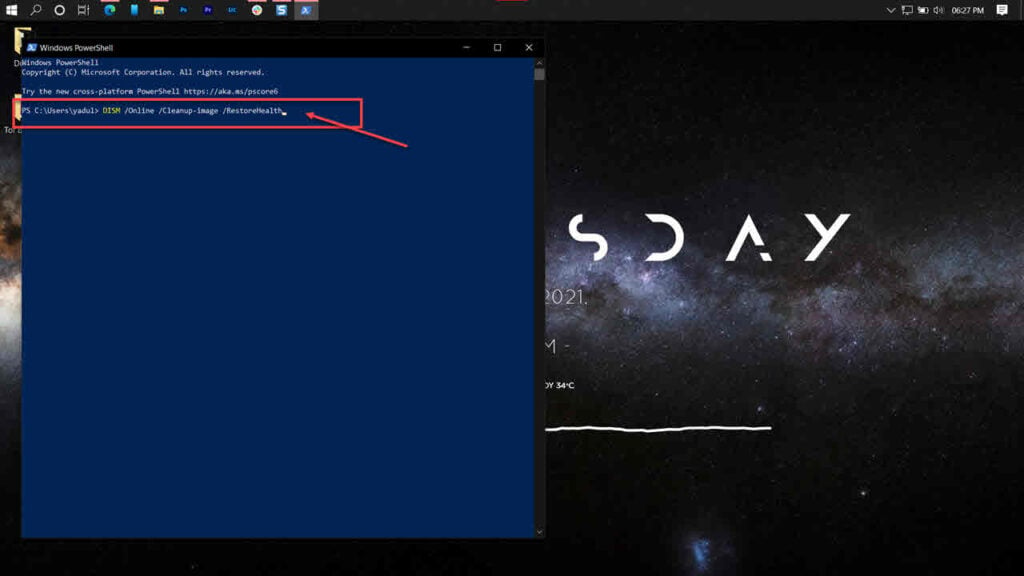
Restart your PC and try updating again.
Repair your system
If nothing else works, the best way to get rid of the virus is by simply reinstalling or repairing your OS.
The Windows Media Creation tool is a great way to install Windows and repair the OS. Using this, you can perform a clean installation or repair your OS without affecting your data.
You can download the Media Creation Tool here
Also read: Is Energy.exe a virus? How to remove it?






